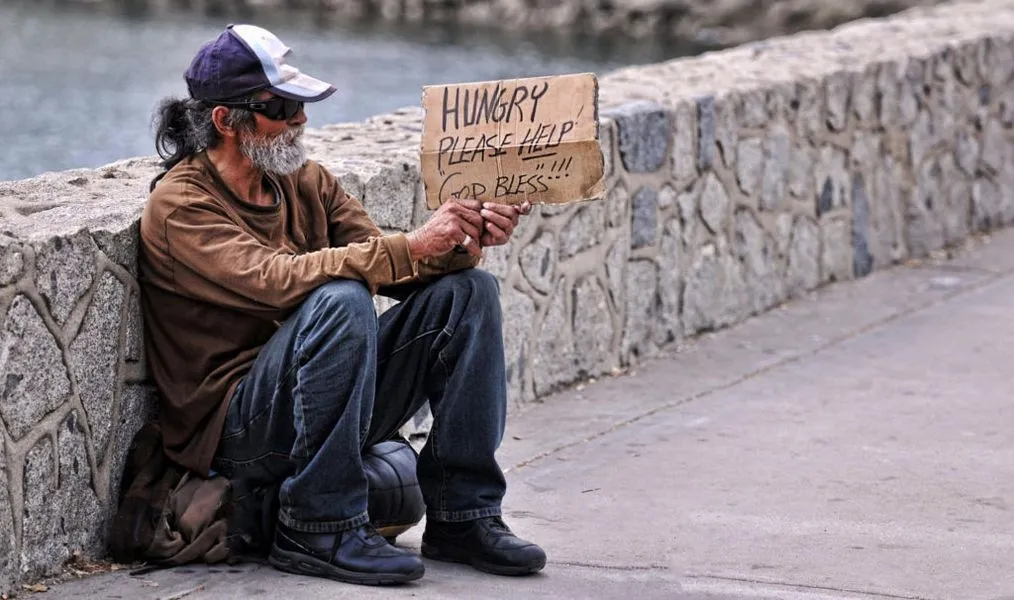"Love your neighbor as yourself."
Who doesn't know this biblical phrase?..
But who is the "neighbor"? Who is my neighbor that I need to love?
This is every person who happened to be next to you. Because we all need something, and above all, love.
But it’s useless to say that we love people if we don’t do anything for them. After all, love that is not confirmed by deeds ceases to be love. "Faith without works is dead."(James 2:26)
How do you feel when you walk by a beggar begging? What do you do when someone comes up to you on the street and asks for help?

Neglect and resentment, pity and sympathy, or a desire to leave as soon as possible? Or do you say - "it is his own fault", and pass by? Do you think about him, why he is here, and what is his life?
Of course, we all do not want to think about negative things..we want to avoid unpleasant meetings and actions - to close, turn away, move away..
Come up with a reason why I don't want to give.
«I do not know who he is and what he will spend my money on»
Many people do not give, justifying themselves by the fact that they do not know what their money will be spent on.
But ask yourself - do you always spend all your money correctly and rationally, exactly on what is needed? Or can you waste them on your whims and bad habits?
“The importance of charity is so great that I rejoice in giving to a hundred beggars, even if only one of them really needs it. However, some people act as if the fact that there may be one crook among hundreds of beggars relieves them of the obligation to give alms.(Rabbi Chaim of Sanz, Hasidic Rebbe).
«I myself do not have enough»
But a person is made like that - it will always be not enough for him, he always wants more..
As the ancient Roman historian Gaius Sallust said, "Greed is always unlimited, insatiable and does not diminish either with abundance or with scarcity."
But consider how great the difference is between you - the value of what you have and what the asker has.
«Let someone else give it»
But everyone thinks so.
As a result, everyone passes by..
This is how the “bystander effect” (outsider effect) works - a psychological effect that is manifested in the fact that people who have witnessed an emergency do not try to help the victims. It has been established that the likelihood that one of the witnesses will begin to help the victims, the less, the more people just stand and watch. In other words, each of the eyewitnesses believes that someone else should not help the victims.
And, on the contrary, only a single eyewitness understands that there is no one else to help the victims, and acts much more decisively.
Therefore, we need to try to be sensitive to everyone we meet along the way. After all, every day we are faced with a situation where it is possible, even for a moment, to forget about ourselves for the sake of another person.
And our help can be not only financial or material, but also mental, human - attention, understanding, compassion, participation ..
After all, it is not so important to whom and how much we give, how important is our attitude, our state of the heart at this moment.
There is no more important human quality than the ability to give, to share with others. And there is no more complete source of true joy than being needed by someone, doing something for the good of other people.
I believe that the ability to give, to share is our inner spiritual property and spiritual need, given to us by God from birth. Because it is His nature to give, and He gave for us the most valuable thing that He had.
And I feel in every squalid person not just a human soul, but a soul loved by God. The same as any of us. But rejected by people.
But when we love people without asking ourselves whether they deserve this love or not, we show true love and gain incredible freedom.
